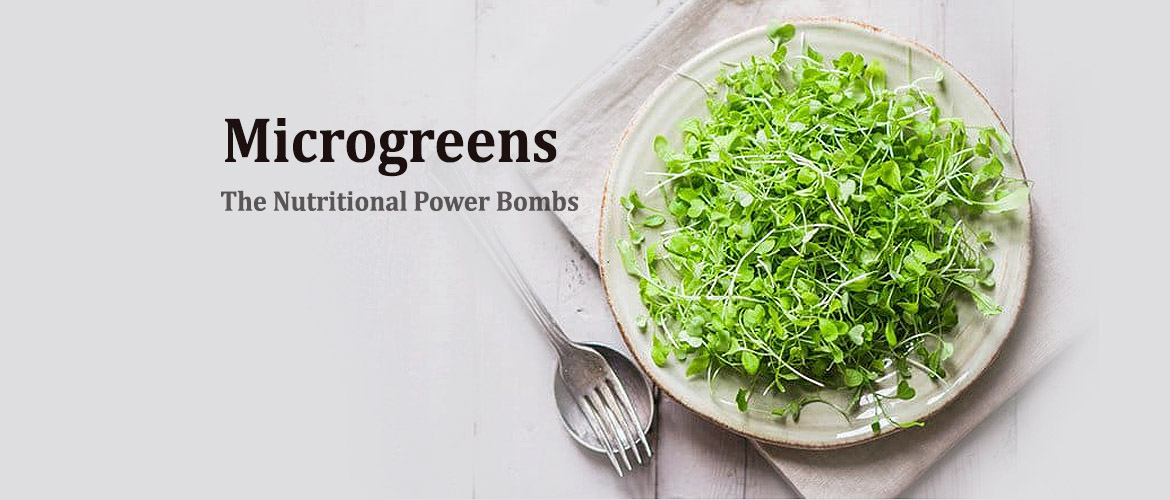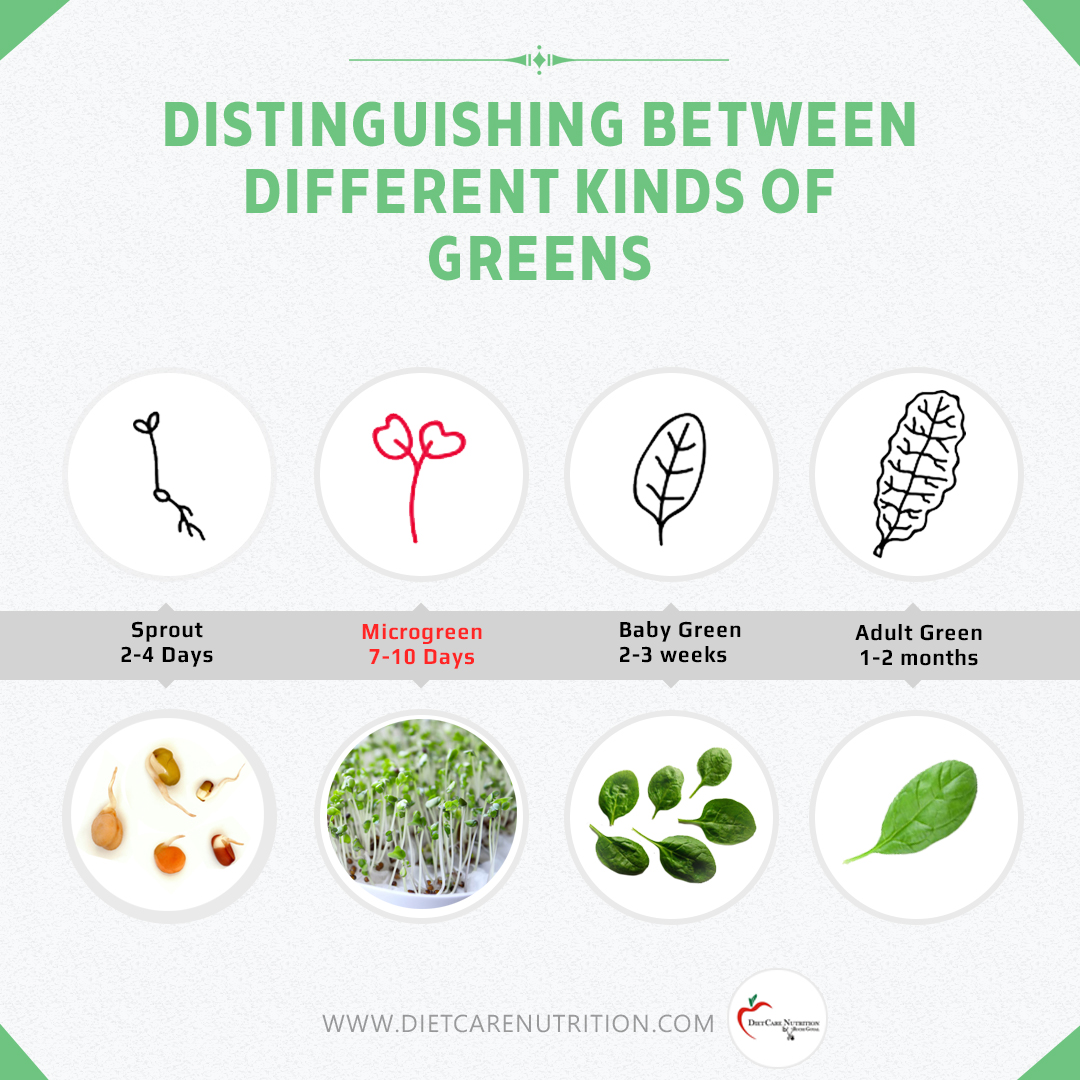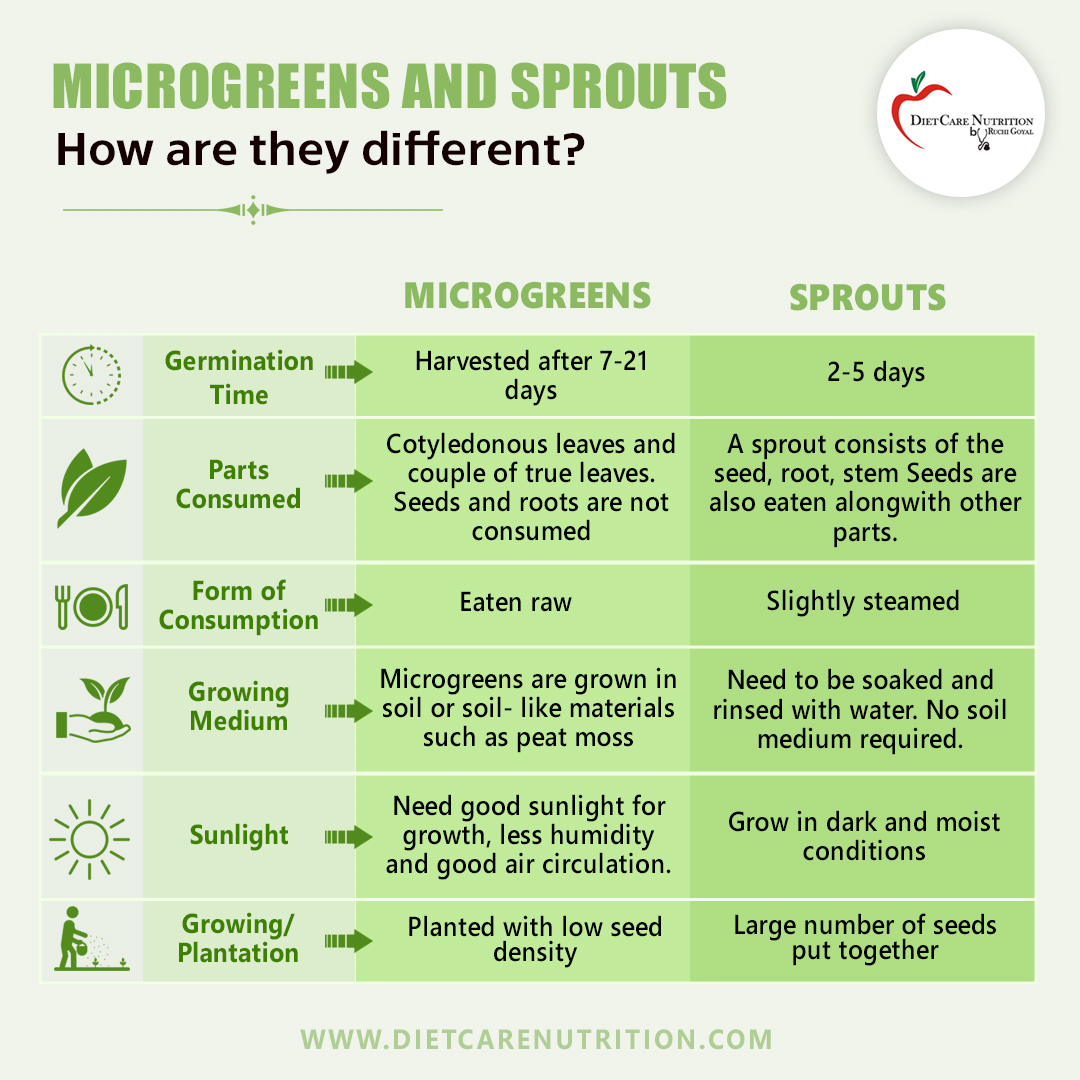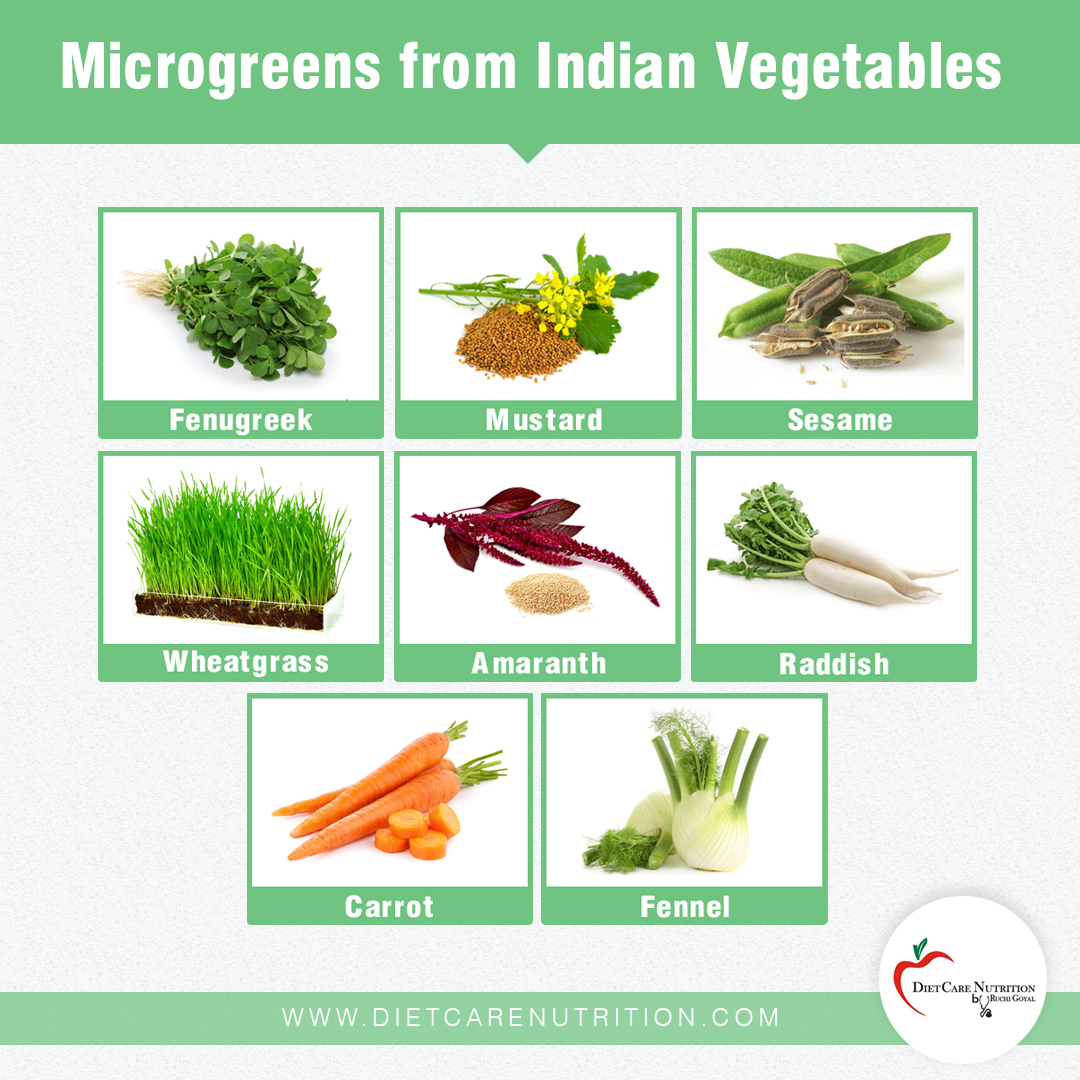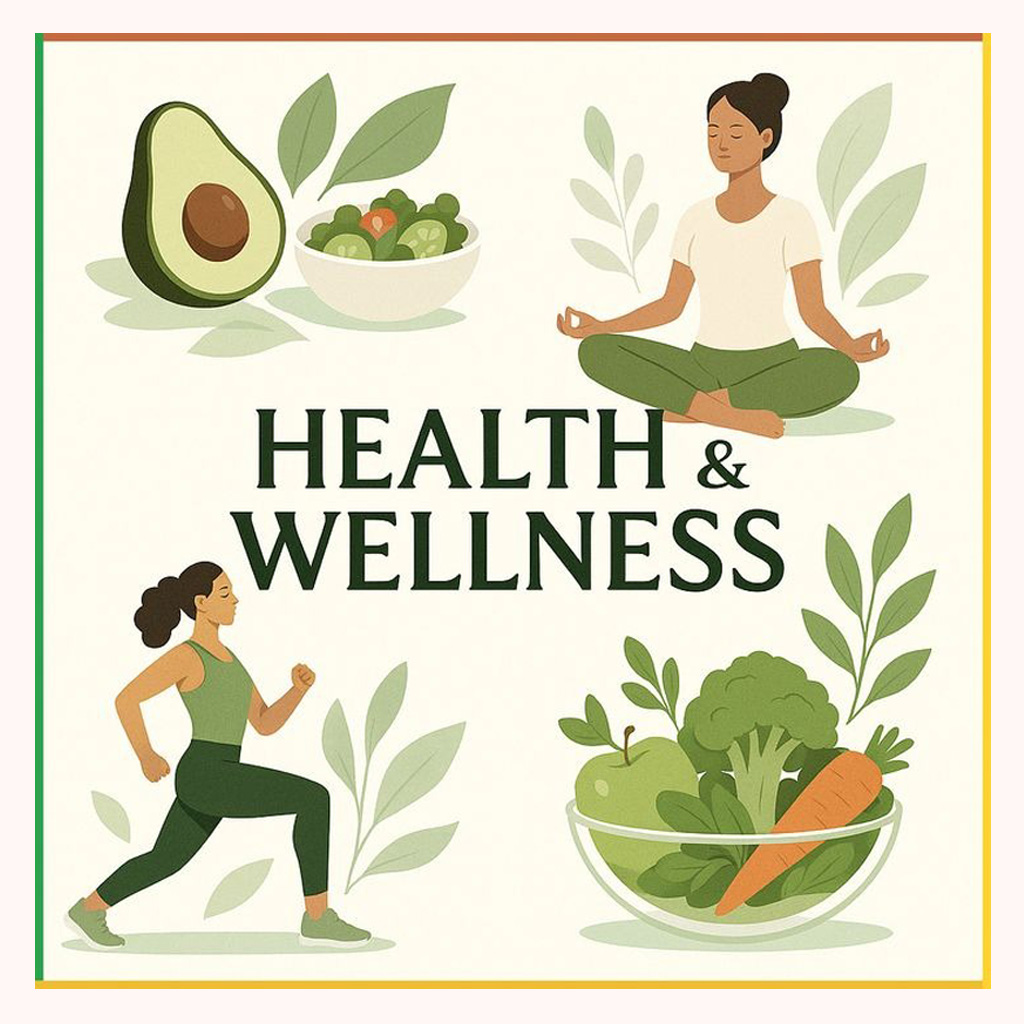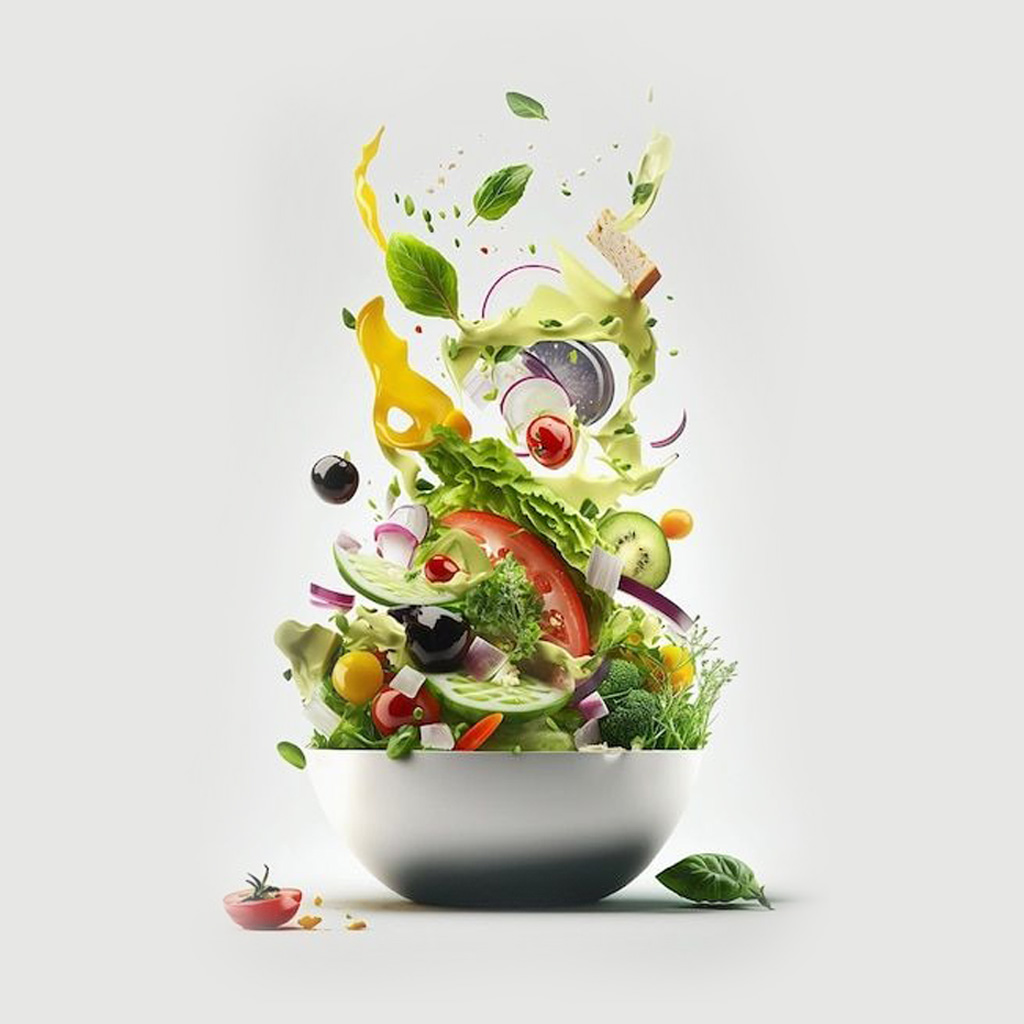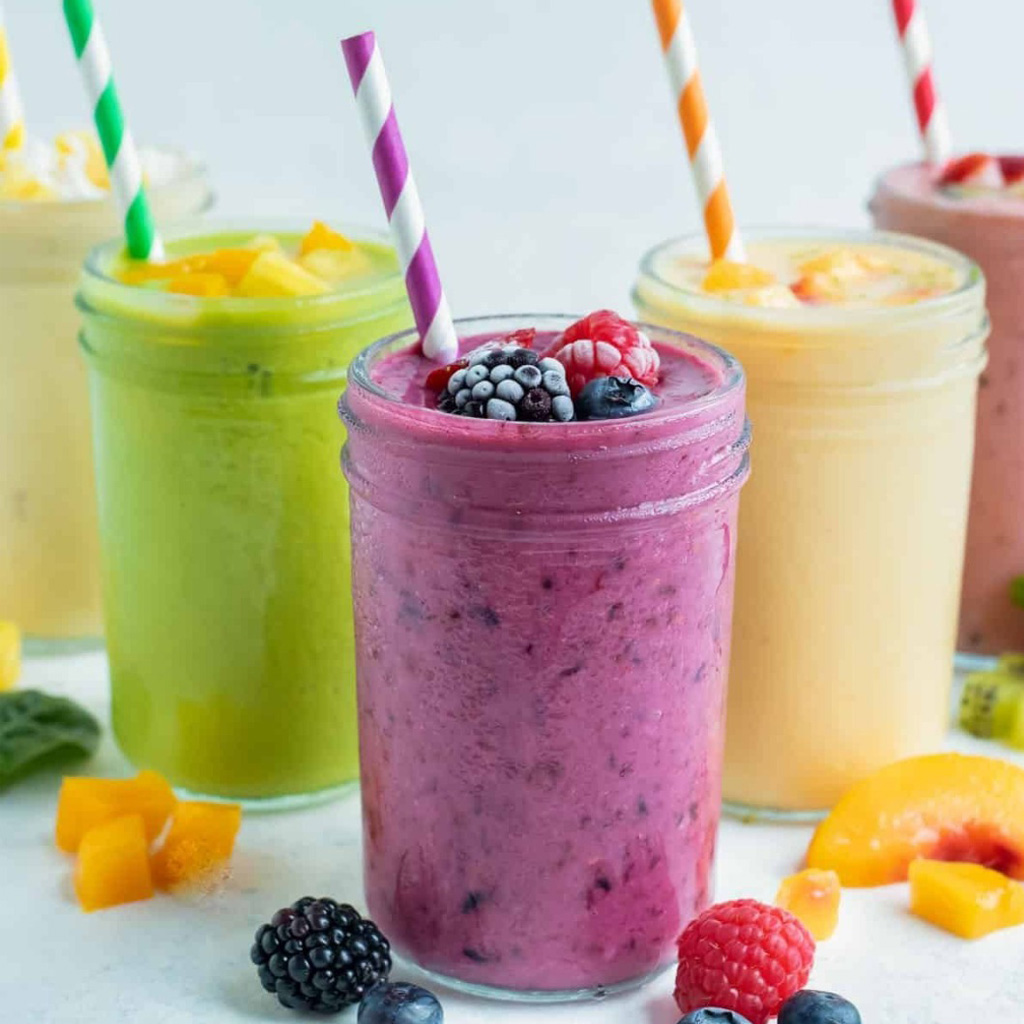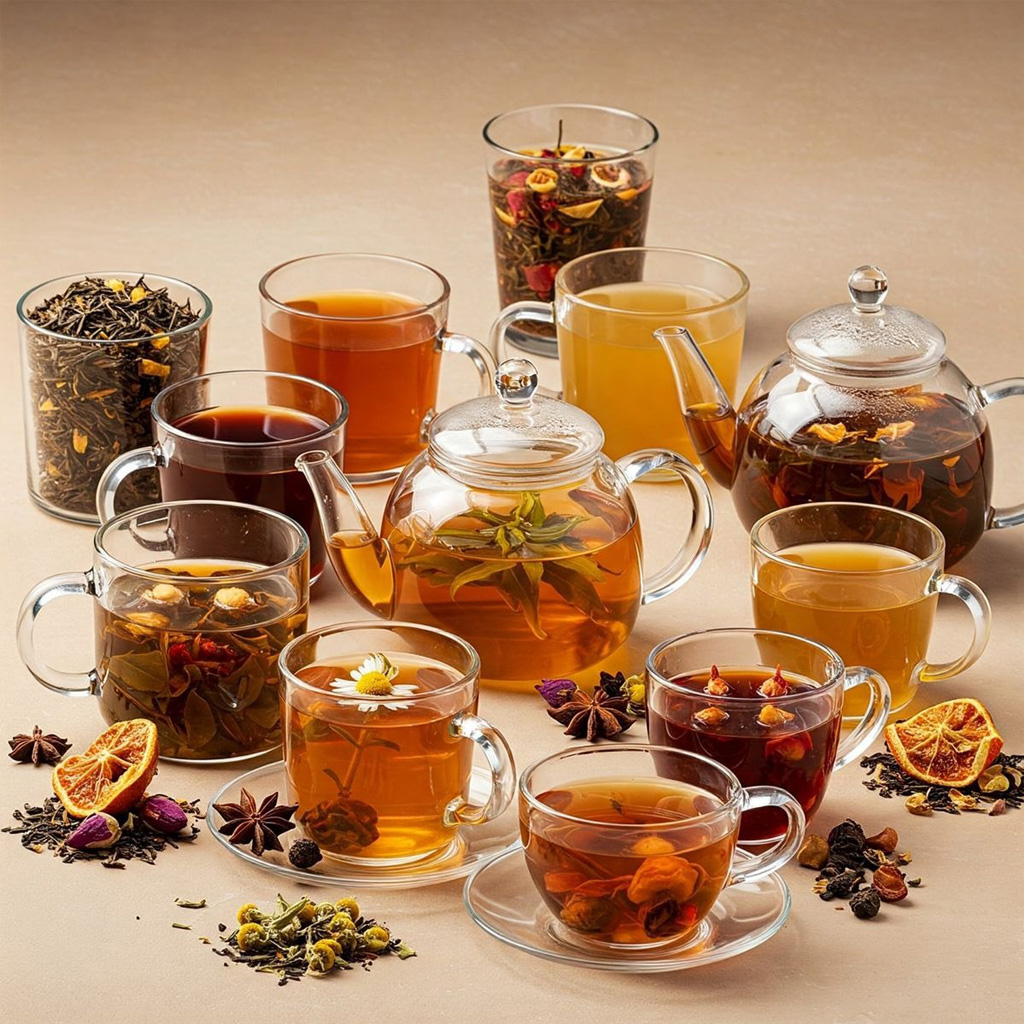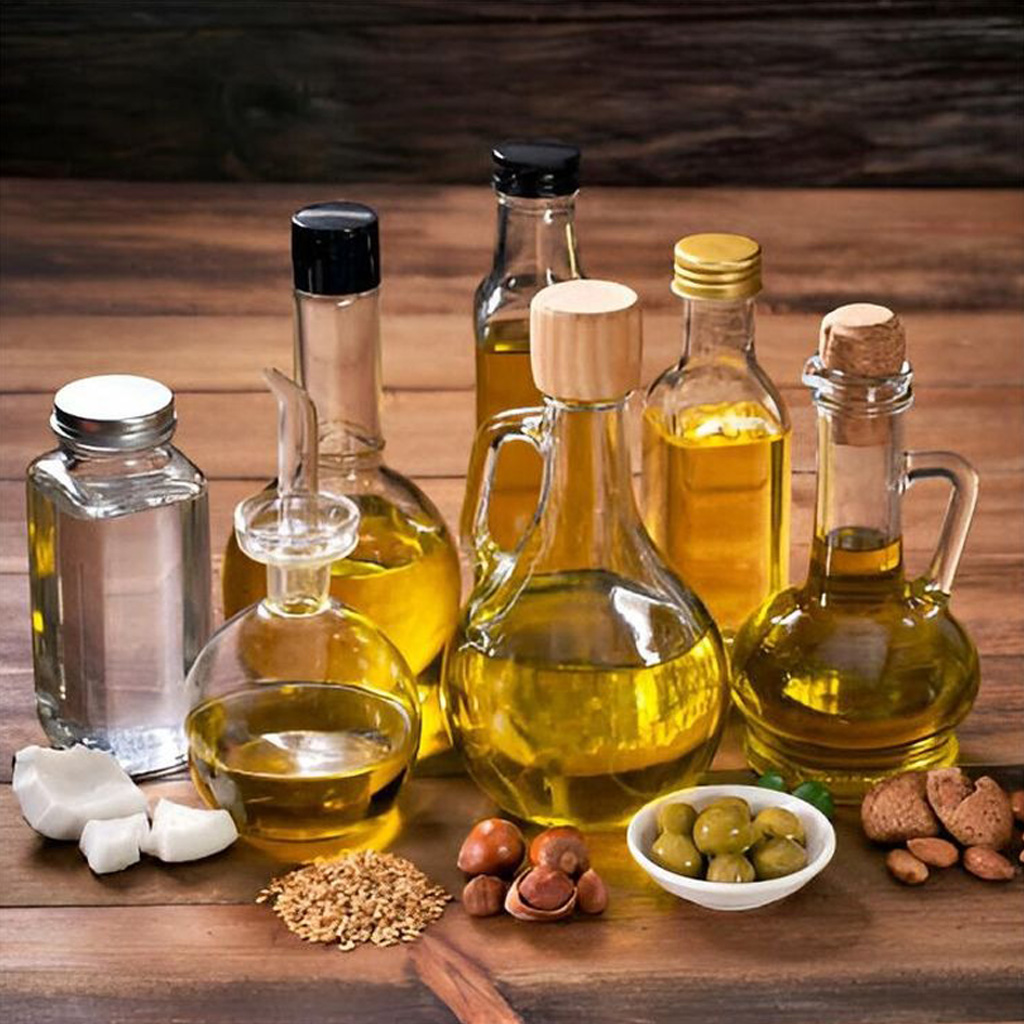These tiny greens have cropped up just about everywhere lately and have become a staple garnish thanks to their unique color and flavor. However, microgreens have so much more to offer than simply adding a pop of color to the plate.
What are Microgreens?
In the simplest terms, microgreens are tiny, edible versions of many vegetables and herbs. Microgreens are cultivated as sprouts of fenugreek, mustard, sesame, wheatgrass etc. In fact, some of these microgreens are 40-50 per cent more nutritious than the fruit or vegetable itself!
They are supposed to grow about 2 inches in size and eaten raw – with sandwiches, salads or in the form of smoothies and detox blends.
Why Microgreens?
Their nutrient content is concentrated, which means that they often contain HIGHER VITAMIN and MINERAL levels than the same quantity of mature greens, sometimes UPTO 9 TIMES HIGHER!
Most varieties tend to be rich in potassium, iron, zinc, magnesium and copper. These greens are also a great source of beneficial plant compounds like ANTIOXIDANTS and also contain a wide variety of POLYPHENOLS.
This means that just adding a small amount to salads, dips or smoothies can instantly boost the nutritional value.
Different Kinds of Greens!
Since there are various forms of greens that we hear about these days..I am trying to simplifying the differences between them for a better understanding for all of us.
I have already mentioned about microgreens in my earlier posts so you would be aware about them.
MICROGREENS are smaller than ‘BABY GREENS’ but harvested later than ‘SPROUTS’. (You get BABY SPINACH very commonly these days)
Microgreens are more similar to baby greens in that only their stems and leaves are considered edible. However, unlike baby greens, they are much smaller in size.
Microgreens vs. Sprouts
These tiny greens should not be confused with sprouts. Sprouts involve sprouting seeds by soaking them in water to germinate.
In microgreens unlike sprouts, their seed is not used. They are usually made up of the cotyledonous leaves (rudimentary leaves in seeds) and a couple of true leaves. Sometimes, up to four to eight leaves in a slightly older plant remain very tender and can be used.
Sprouts develop as a result of being soaked in water, whereas microgreens usually require a potting mix with a high concentration of a porous material such as cocopeat or fine sand.
Microgreens also have a longer growth cycle (between one and three weeks), depending on the gestation of the seed in the soil mix. After germination, the exposure to sunlight starts the photosynthesis process, which gives microgreens their rich green colour, unlike sprouts, which are pale. Microgreens have stronger flavors compared to sprouts, and come in a wide selection of leaf shapes, textures and colors.
Growing Microgreens at Home
Microgreens can be easily grown at home. In fact you can make separate small pots for different types of greens..and harvest them one by one while repotting in others to get a continuous supply. So, one pot with spinach…another with methi, one with amaranth and so on. Growing them is a simple process like any other plant, only be careful about their watering…too much or too little will kill them.
Microgreens are grown in soil or soil-like materials such as peat moss. They require high light levels, preferably natural sunlight with low humidity and good air circulation. Microgreens are planted with very low seed density compared to sprout processing. They grow well within 10-15 days.
Remember that the time between cutting the sprouts and consuming them must not exceed a couple of hours. So, it is best to grow them yourself and consume when you wish to. Try and eat them raw and fresh.
Plants Suitable for Making Microgreens
Microgreens can be grown for any vegetable or herb that you can think of. Let your imagination and gardening skills run wild!
Remember that the tiny green version of any of these vegetables is loaded with nutrition…that is what matters…
So, get your hands dirty and grow your microgreens!

